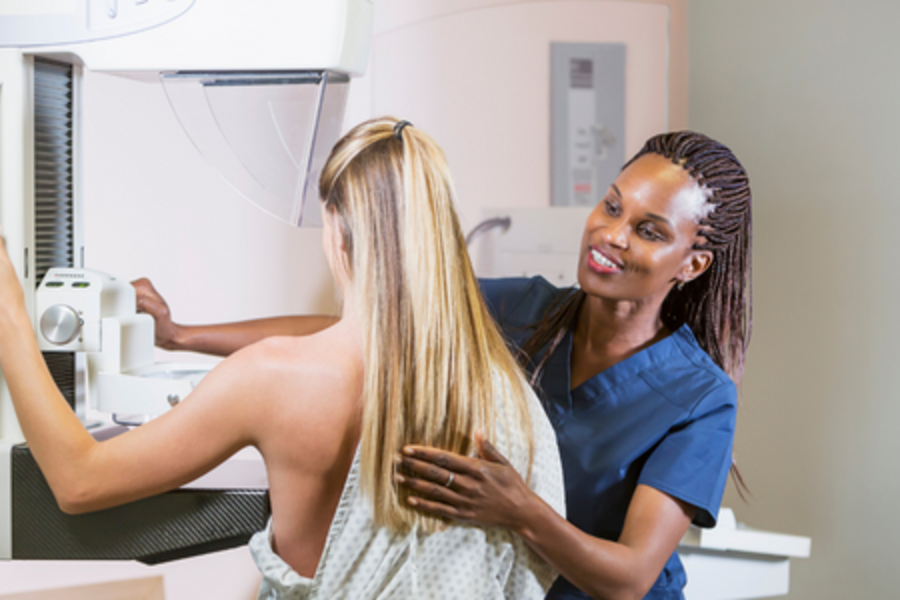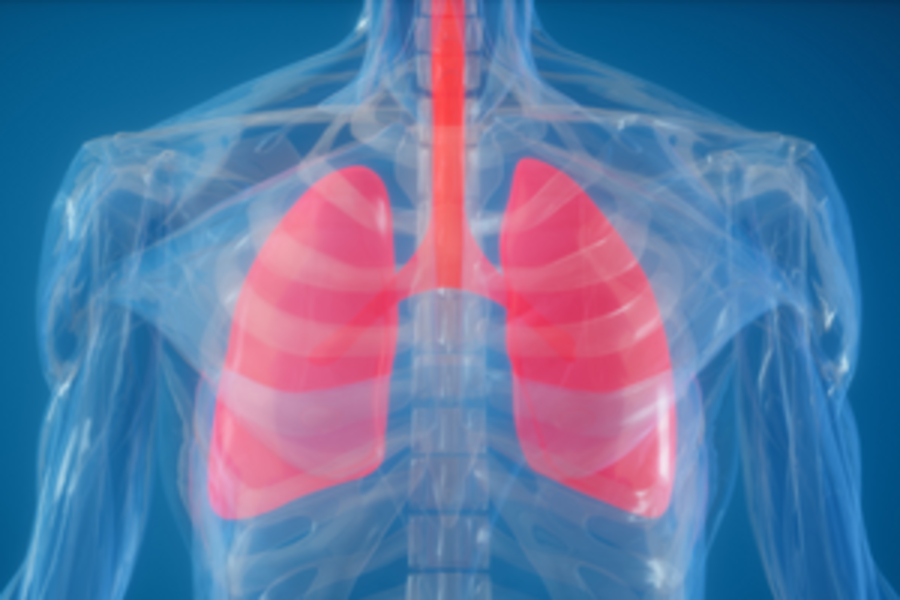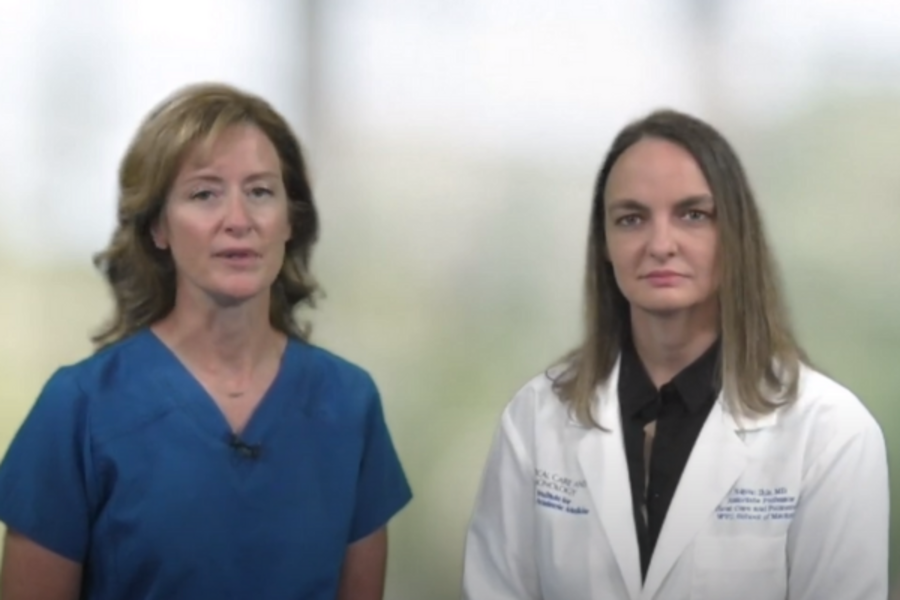
Breast and lung cancer are two of the most prevalent cancers in West Virginia. The earlier both cancers are detected, the better your chances are of beating them. CAMC is proud to sponsor the Screen2Intervene lung and breast cancer screening days on Saturday, Oct. 7, from 8 a.m. to 2 p.m. (Breast) and Saturday, Nov. 11, from 8 a.m. to 3 p.m. (Lung).
Lung Cancer Screening FAQs
- Lung cancer is the most commonly diagnosed cancer among West Virginians
- It is the number one cancer killer in the country, causing more deaths than breast, colon and prostate cancers combined
- Screening can detect cancer before any symptoms appear
- Lung cancer is the most treatable when detected early
- Early detection can often lead to less invasive surgery, as well as less lung tissue being removed
You may be eligible if you:
- Are between the ages of 50 and 77
- Are not showing any signs or symptoms of lung cancer
- Have a smoking history equivalent to:
- Smoking one pack per day or more for 20 years
- Smoking two packs per day for 10 years
- Current or ex-smoker who has quit within the last 15 years
- Medicare will cover those age 50-77 that meet the above criteria
Breast Cancer Screening FAQs
- Breast screening can detect cancer before symptoms appear.
- About 1 in 8 U.S. women (13%) will develop breast cancer in their lifetime, even without a family history
- Among women age 40 and older, 27% had not had a mammogram in the past two years
- Screening for Breast Cancer is as easy as completing your routine mammogram (an X-ray image of your breasts used to find and diagnose breast disease)
- When cancer is found early, it is easier to treat successfully
- Talk to your doctor about your personal risk level
- Average risk women (no known genetic or family history that suggests you are at an increased risk of developing breast cancer)
- Women over the age of 40 should be screened yearly and conduct personal self-exams monthly
- Women over the age of 40 should be screened yearly and conduct personal self-exams monthly
- Increased risk women
- Yearly screening mammogram – may start prior to age 40 if indicated
- Additional imaging such as breast MRI may be beneficial
- Screening mammogram:
- A screening mammogram is the only imaging test that has been found to reduce deaths from breast cancer.
- Diagnostic mammogram:
- A diagnostic mammogram may be done after a screening mammogram or if there is an abnormal finding such as a lump or nipple discharge.
- A diagnostic mammogram may be done after a screening mammogram or if there is an abnormal finding such as a lump or nipple discharge.




